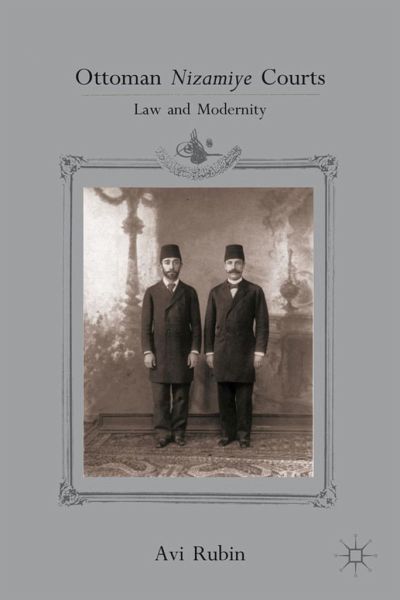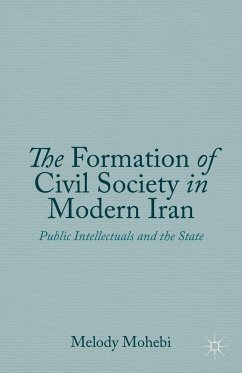
Ottoman Nizamiye Courts
Law and Modernity
Versandkostenfrei!
Versandfertig in 6-10 Tagen
76,99 €
inkl. MwSt.
Weitere Ausgaben:

PAYBACK Punkte
38 °P sammeln!
A fresh look at one of the most important landmarks in the passage of the Ottoman Middle East to modernity during the late nineteenth century, this book explores the Nizamiye court system. The author offers an innovative conceptualization to serve as an alternative to common - yet poorly grounded - wisdoms about legal change in the modern Middle East. Employing a socio-legal approach, this study is focused on "law in action," as experienced in and outside the Nizamiye courts of law.














